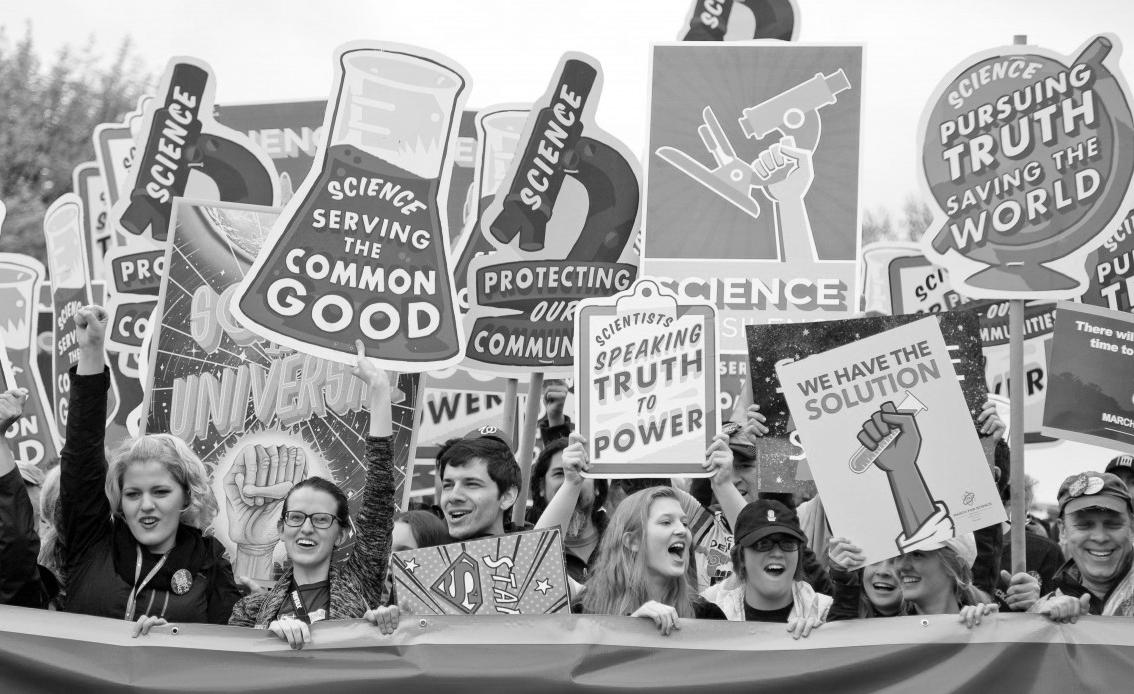Featured
A Letter to My Brother: What It Means to Be Black in America Noah Colbert / Mathematics and Political Science 2024
I
n 1965, Black author James Baldwin debated William F. Buckley, founder of National Review and staunch opponent of the Civil Rights movement.[1] They discussed whether “the American Dream is at the expense of the American Negro.” I often come back to a rarely quoted line in Baldwin’s speech: "By the time you are thirty, you have been through a certain kind of mill. And the most serious effect of the mill you’ve been through is, again, not the catalog of disaster, the policemen, the taxi drivers, the waiters, the landlady, the landlord, the banks, the insurance companies, the millions of details, twenty-four hours of every day, which spell out to you that you are a worthless human being. It is not that. It’s by that time that you’ve begun to see it happening in your daughter or your son, or your niece or your nephew." Like most Black Americans, I am not surprised that the grand jury charged Officer Brett Hankison with wanton endangerment instead of the murder of Breonna Taylor, a decision spurred by prosecutors discouraging stronger charges.[2][3] [4][5] It reminds us that Taylor’s life didn’t matter. Property mattered, and perhaps her neighbors did too, but not her. I am hurt, but not for myself. As Baldwin describes, my pain stems from coming to terms
18
Fall 2020
The days are not long until you are stopped for riding a bike in the “wrong” neighborhood, or you are called “boy” when your age no longer warrants it. And eventually, you will sit in front of a television and witness another Black life taken, another miscarriage of justice.
with the world that you, my brother Markelle, will grow up in. You are seven years old, and the perverse effects of White supremacy in the classroom have already begun to influence your sense of self.[6] I lament your upcoming reckoning with more overt injustices. The days are not long until you are stopped for riding a bike in the “wrong” neighborhood, or you are called “boy” when your age no longer warrants it. And eventually, you will sit in front of a television and witness another Black life taken, another miscarriage of justice.[7] I do not know how I will conduct myself that day to alleviate a wound that cuts deep into my heart. I know our parents will be equally powerless. We will have no authority to act, and that
is precisely why the crime is so heinous; there is nothing that shatters the family more than a parent’s inability to protect their children. From the instant they enter the White world, Black children are victimized by psychic damage of inferiority, enforced by the daily injustices that speak to their expendability. Consider the millions of Black girls whose coming-of-age story will include Kentucky Attorney General Daniel Cameron—one of the few faces in power who looks like them—explain that Breonna Taylor’s death was justified.[8] They are Breonna Taylor. They will grow to expect the same fate. Black children are shown that it’s not Taylor’s murder that’s unacceptable—it’s the sloppiness
nupoliticalreview.com











